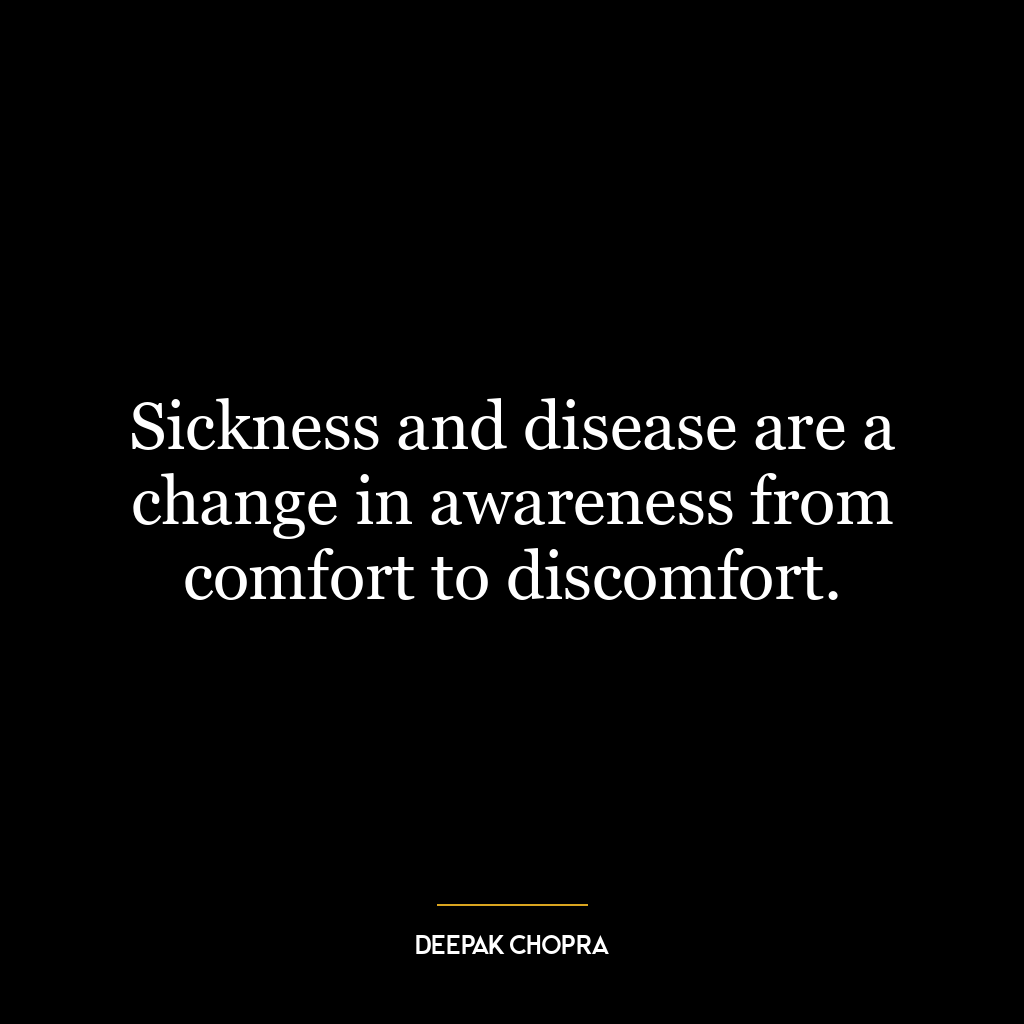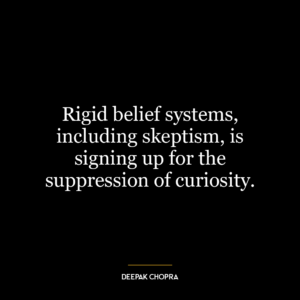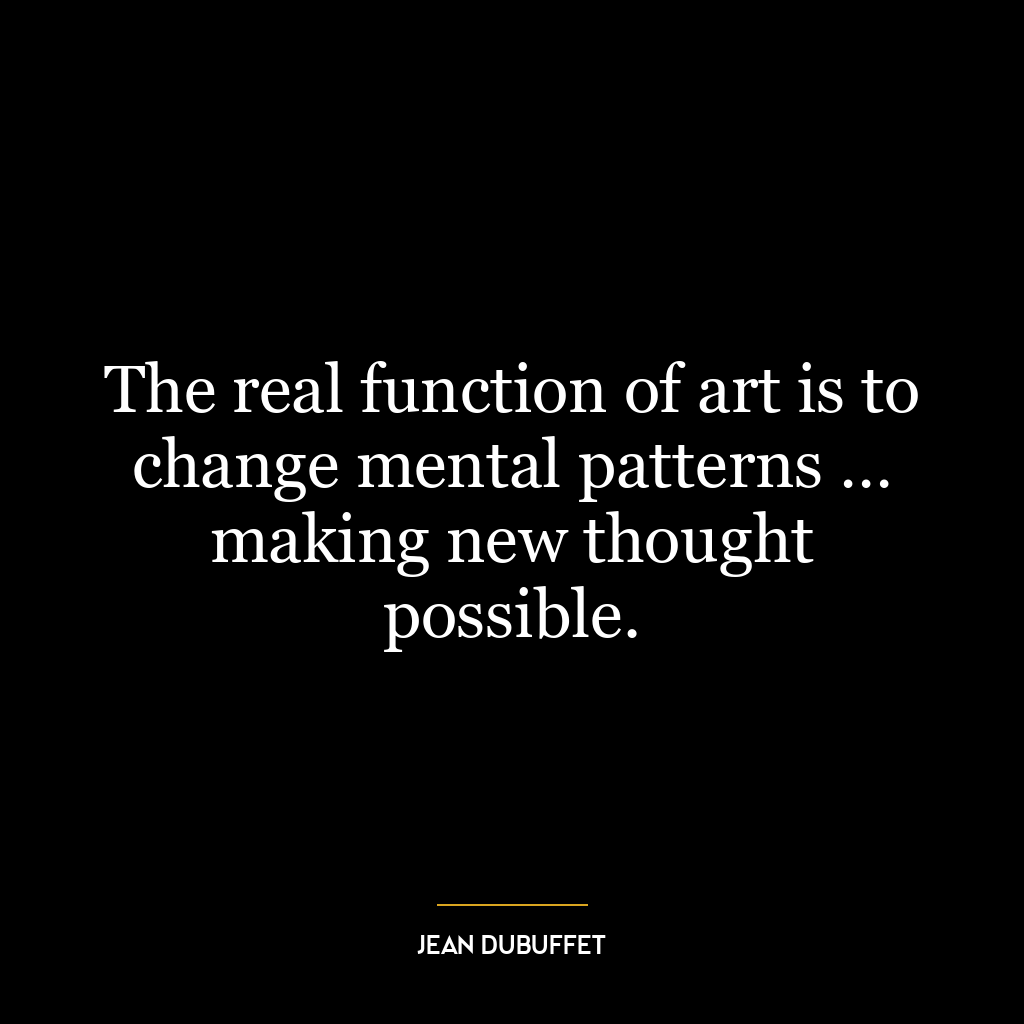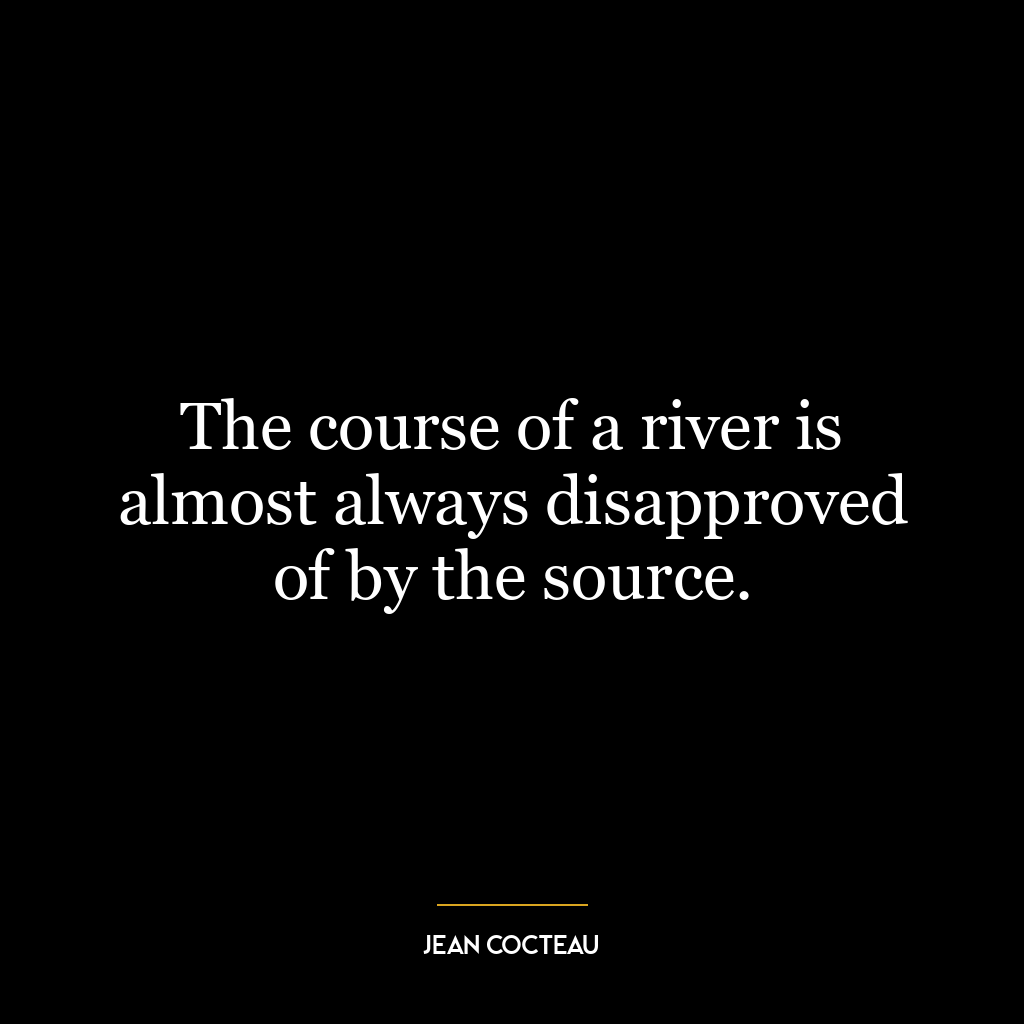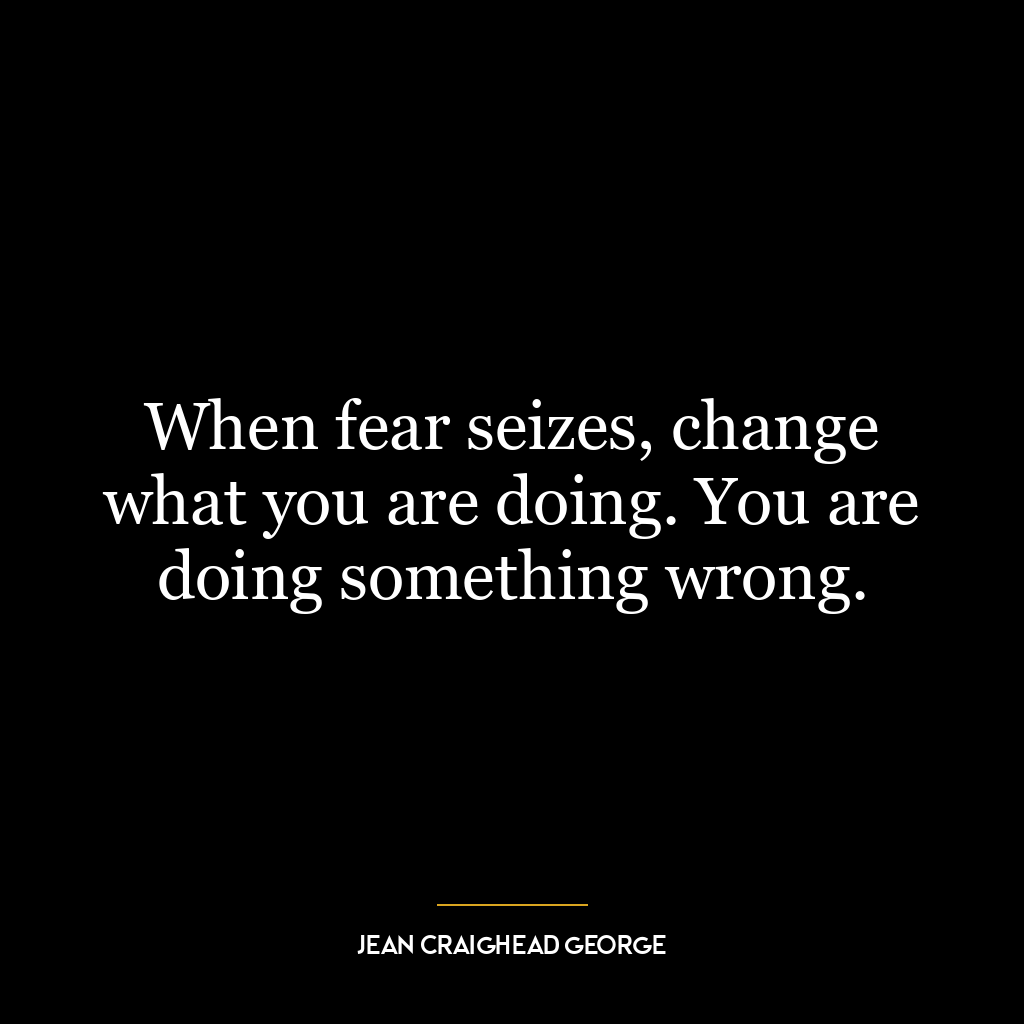The quote, “Sickness and disease are a change in awareness from comfort to discomfort,” is essentially a profound reflection on the human experience of health and illness. At its core, it suggests that our perception of health isn’t merely physical but deeply intertwined with our mental and emotional state.
When we’re healthy, we often take our well-being for granted. We’re comfortable; everything functions as it should, and we don’t have to think about how our bodies are performing their myriad tasks. However, when sickness or disease strikes, this changes drastically. Suddenly we become acutely aware of discomfort in our bodies – pain signals that something is wrong which cannot be ignored.
This concept can also be extended beyond physical health into psychological or emotional states too. When one is mentally healthy, they might not notice their state of mind because they feel normal or comfortable. But when mental illness hits – anxiety or depression for instance – one’s awareness shifts from comfort to discomfort.
In today’s fast-paced world where stress has become an unavoidable part of life, this idea holds even more relevance. It serves as a reminder that maintaining balance in life is crucial to prevent this shift from comfort to discomfort – both physically and mentally.
From a personal development perspective, understanding this idea can help individuals prioritize their well-being more consciously. By recognizing the signs of discomfort early on – whether it’s stress-induced headaches or feelings of overwhelming sadness – one can seek appropriate help sooner rather than later.
Moreover, it encourages people not just to reactively address their health once they’re already sick (discomfort), but proactively maintain it while they’re still healthy (comfort). This could mean adopting healthier eating habits before being diagnosed with a lifestyle-related disease like diabetes; practicing mindfulness techniques before reaching burnout stage; getting regular medical check-ups even if there’s no apparent need at present etc.
In essence then: ‘awareness’ here doesn’t simply refer to noticing symptoms of illness, but also to being mindful of our overall well-being and taking necessary steps to preserve it.

